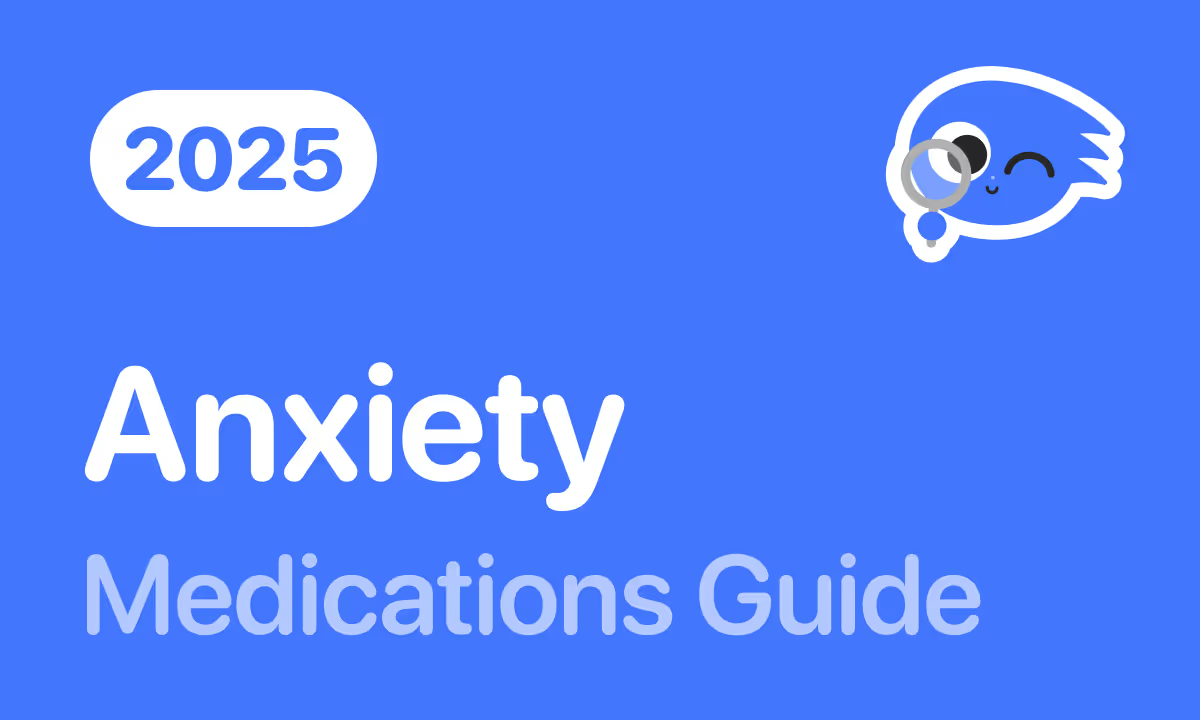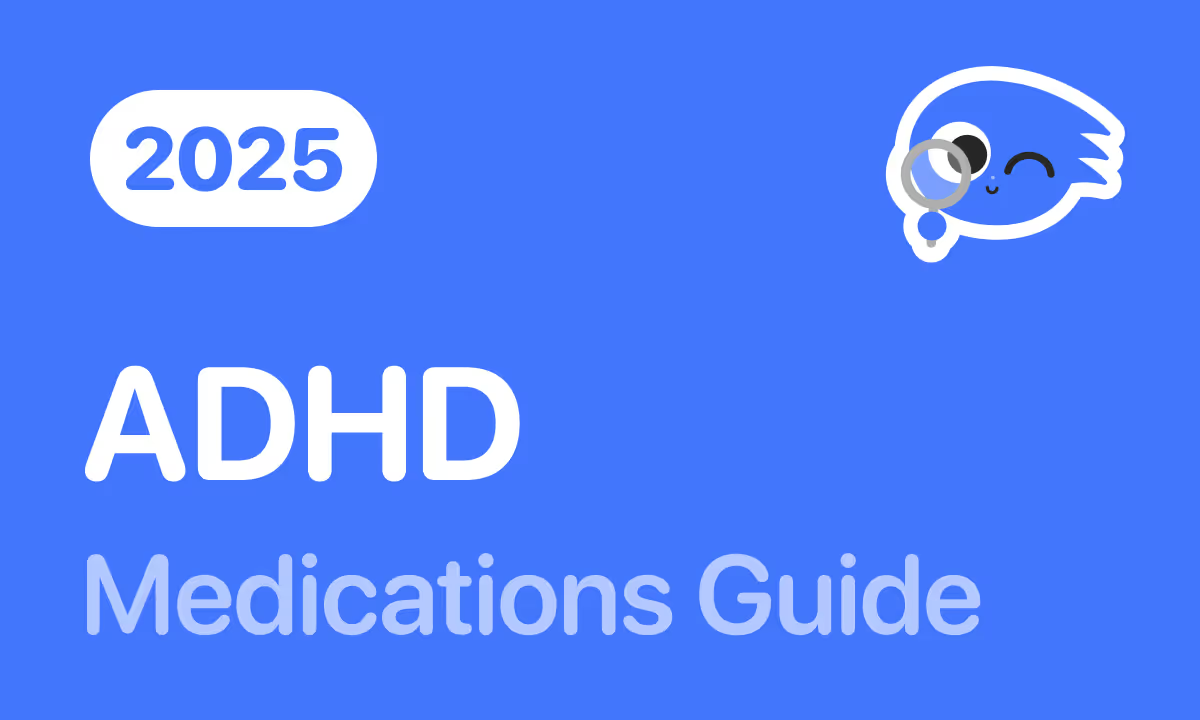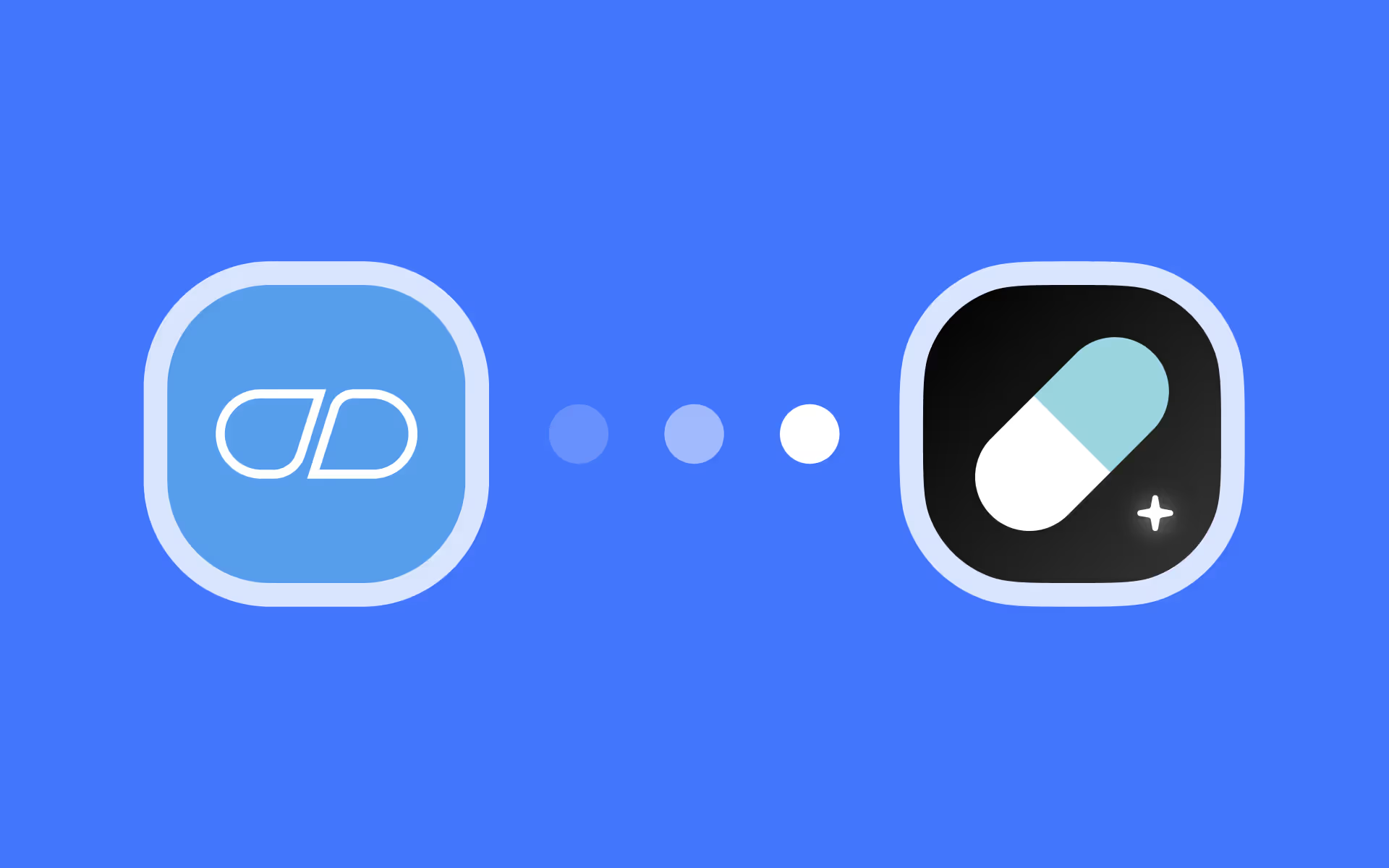Remembering to take multiple medications throughout the day can be overwhelming. Whether you're managing chronic conditions, recovering from surgery, or dealing with other health issues, keeping track of your complex medication regimen is stressful.
The fear of missing a dose or taking the wrong medication can be paralyzing, impacting both your health and peace of mind.
But what if you could ease this burden? Medication reminder apps have emerged as a life savor for people just like you. These tools can transform how you manage your medications, simplifying your daily routine.
In this article, we'll explore what pill reminder apps are, how they work, their effectiveness, and how to choose the right one for your needs. Discover how technology can help you take control of your medication schedule and improve your quality of life.
1. What is a pill reminder app?
According to a study published by the World Health Organization (WHO), approximately 50% of patients with chronic illnesses don't take their medications as prescribed.
Pill reminder apps are designed to help you never forget a pill and take medications on time. The core feature of these apps is sending notifications to remind you when it's time to take your medications and track your adherence.
A key advantage over standard phone alarms is that these app notifications contain specific dose information such as medication name, dosage, and instructions, and they automatically log data when you respond to the notification. Additionally, they often provide features like refill reminders and medication list management.
By leveraging smartphone technology, these apps aim to reduce the mental burden of remembering complex medication schedules, ultimately improving health outcomes and quality of life for users.
2. Do medication reminder apps actually work?
The short answer is yes, medication reminder apps can be highly effective when used consistently. Several studies have demonstrated their positive impact on medication adherence:
A systematic review published in the Journal of the American Medical Informatics Association found that 65% of medication reminder app users showed improved adherence to their medication regimens..
Another study in the International Journal of Medical Informatics showed that reminder apps reduced missed doses by up to 50% among elderly patients with chronic conditions.
From our app’s user behavior data, we’ve found that almost all the users taking medication within N min when reminder goes off, and average adherence is 89% which is 39 percent point higher than average reported by WHO

However, it's important to note that the effectiveness of these apps depends on various factors such as app’s features and designs like how well usability designed on whole user journey.
While not a magic solution, medication reminder apps offer a practical and accessible tool to significantly improve medication adherence. When combined with other strategies like pill organizers or support from healthcare providers, these apps can play a vital role in managing complex medication schedules.
3. Why phone alarm is not proper tool?
Many people think just using their phone alarm is enough. While using your phone's built-in alarm might seem like a simple solution for medication reminders, it falls short in several crucial ways:
- Insufficient complex schedule compliance (e.g., every other day, 28 days active & 7 days break)
- No dosage tracking capability
- Lack of specific information on notification such as medication name and dosage
- Limited features like stock management, refill reminders, rescheduling, and medication list management.
- Easy to dismiss and forget
A study in the Journal of Medical Systems found that patients using specialized medication reminder apps had a 41% higher adherence rate compared to those using standard phone alarms. This significant difference highlights the importance of using tools specifically designed for medication management.
While phone alarms can be better than no reminder at all, they lack the comprehensive features and specificity needed to effectively manage complex medication regimens. Dedicated pill reminder apps offer a more robust, tailored solution for ensuring medication adherence and overall health management.
4. How to choose the best pill reminder app
Here are key factors to consider when selecting a pill reminder app.
First, check if the app is actively maintained. You can gauge the developer's commitment by how frequently they update the app. Regular updates suggest ongoing support and improvement.
Next, determine whether the app focuses on user-centric design. The app's interface, especially for core functions, is crucial. Look for an intuitive design that makes setting reminders, logging doses, and viewing your schedule simple and straightforward.
Finally, consider the following essential features to ensure the app meets your specific needs:
- Complex schedule compatibility: Choose an app that can handle multiple medications with varying schedules, including as-needed doses and medications taken at specific intervals.
- Adherence tracking: Opt for an app that allows you to log whether you've taken your medication, providing insights into your adherence patterns over time.
- Comprehensive notifications: Ensure the app provides detailed reminders, including the medication name, dosage, and any special instructions (e.g., "take with food").
- Flexibility for busy lifestyles: Choose an app with features like snooze or reschedule options for when you can't take your medication immediately upon receiving a reminder.
- Safety features: Look for apps that include checking for potential drug interaction, the ability to share your medication list with healthcare providers, secure data storage to protect your health information
Remember, the best app for you is one that you'll actually use consistently. Consider trying out a few options to find the one that fits seamlessly into your daily routine and effectively helps you manage your medication regimen.
5. Best Pill Reminder App in 2024
Determining the 'best' medication reminder app isn't straightforward. Apps can be evaluated based on user ratings or scientific usability studies, but there's no standardized method to measure their quality. It's likely that no single app is perfect for everyone. However, you can compare apps based on features, design, and your personal criteria to find the most suitable one for your needs.
To help you in your decision, here's a comparison table of key factors to consider based on survey conducted among design majoring college students and chronic condition patients in 2024

Conclusion
Pill reminder apps have transformed the way we manage complex medication regimens. These apps go beyond simple alarms, significantly improving adherence and reducing stress. By choosing the right app for your needs, you can enjoy better health outcomes, peace of mind, and a simpler daily routine. Whether for chronic conditions or daily vitamins, a well-chosen pill reminder app can be a valuable tool in maintaining your health.
FAQ
Q: Are medication reminder apps free?
A: Many apps offer free basic versions, with premium features available for a fee. Some are entirely free, while others require a subscription. For example, Pillo offers almost all of its features for free.
Q: Can I use a pill reminder app for multiple people?
A: Yes, some apps allow you to create profiles for multiple users, making them useful for caregivers or families. Pillo also supports managing care for dependents and adding caregivers.
Q: What if I miss a notification?
A: Most apps have features to handle missed doses, such as rescheduling options or logs to track missed medications. Pillo is well-known for its persistent alert system, making it unlikely that you'll miss a dose.





